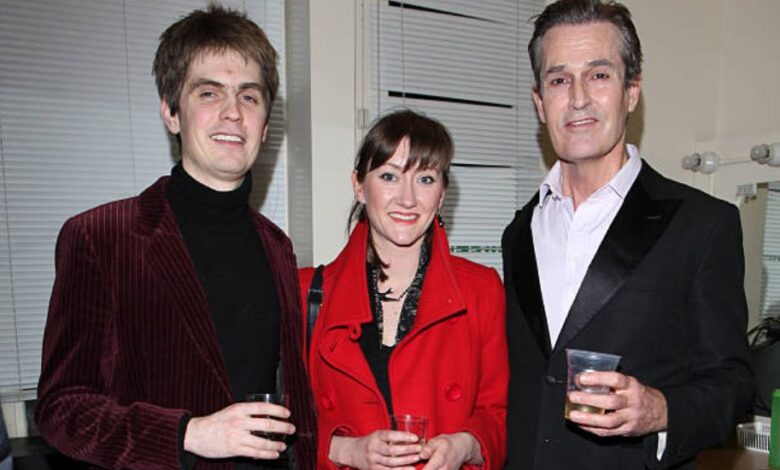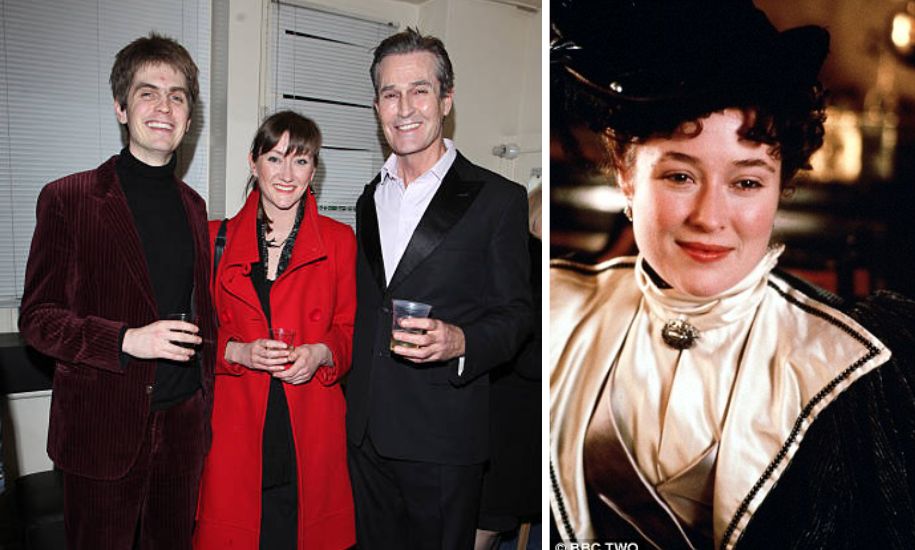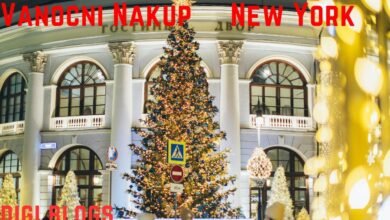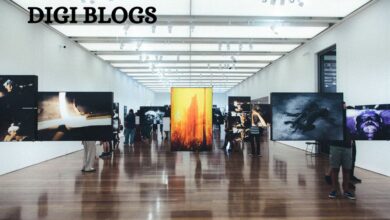Lucian Holland: A Legacy of Literature and Innovation

Who is Lucian Holland?
Lucian Holland is a British software developer, classicist, and the great-grandson of the iconic Irish playwright and poet, Oscar Wilde. While Wilde’s legacy is immortalized in literature and cultural commentary, Lucian Holland carries the family torch in a distinctly modern direction—technology. With a career rooted in both classical education and innovative software development, Lucian represents a fascinating fusion of the humanities and digital advancement.
Lucian was born in 1979 into a family that has long captivated the public’s imagination due to their literary lineage. He is the son of Merlin Holland, Oscar Wilde’s only grandchild, who has dedicated much of his life to preserving Wilde’s legacy through biographical works and editorial projects. Lucian’s upbringing, no doubt, was steeped in intellectual curiosity and a sense of historical importance.
Yet, rather than becoming a literary figure himself, Lucian Holland has charted his own path. His interests, though informed by the past, look to the future—manifesting through his contributions to the tech industry, particularly in healthcare and web-based systems. His story is one of bridging worlds: tradition and innovation, literature and code.
Lucian Holland’s Age and Early Life
Born in 1979, Lucian Holland is currently 46 years old as of 2025. He grew up in an intellectually rich environment, surrounded by the enduring influence of Oscar Wilde’s work and thought. His father, Merlin Holland, played a pivotal role in shaping public understanding of Wilde, and undoubtedly this had a strong influence on Lucian’s formative years.
Lucian pursued a classical education at Magdalen College, Oxford, the very same institution—and rooms—his great-grandfather Oscar Wilde once occupied. Studying Classics at Oxford is no minor academic pursuit, and it’s a testament to Lucian’s scholarly rigor and intellectual heritage. At Oxford, he immersed himself in the ancient languages, history, and literature that shaped the Western intellectual tradition.
The connection to Oscar Wilde was not merely symbolic or genealogical—it was academic, literal, and personal. Lucian once commented on the experience of studying in Wilde’s rooms at Magdalen, stating that it was both surreal and grounding. The past seemed to whisper from the stone walls while he pored over ancient Greek texts, drawing a line from antiquity to the 19th-century aesthete to the modern coder.
Career: From the Classics to Code
Lucian Holland’s transition from classical studies to technology might seem abrupt, but it reflects a broader trend of humanities scholars bringing critical thinking and analytical skills to the tech world. His career began to take shape in the early 2000s, focusing on software development, web architecture, and digital innovation.
Here are some highlights of his career trajectory:
Patients Know Best (2019 – Present)
Currently, Lucian works as a Software Developer at Patients Know Best, a health technology company that empowers patients to manage their own medical records. His role involves developing secure, scalable platforms that enable better healthcare delivery. It’s a position that combines technical expertise with ethical commitment—a continuation, perhaps, of Wildean values of individual empowerment and social critique, albeit in digital form.
Symposion Ltd (2011 – 2013)
Lucian also served as Director at Symposion Ltd, a consultancy firm specializing in web development for consumer startups. His work there involved designing systems that prioritize user experience and responsiveness, skills that are now foundational in any tech venture.
We7 (2006 – 2010)
Before his work in healthcare tech, Lucian held the intriguing title of “Chief Geekherder” at We7, a digital music platform co-founded by Peter Gabriel. At We7, Lucian oversaw backend development and system scalability during a pivotal time in music streaming’s evolution. His role was crucial in developing systems capable of handling large traffic volumes—experience that serves him well in the healthcare space today.
Across his career, Lucian has demonstrated a consistent drive toward building systems that improve user autonomy, data accessibility, and information ethics.
Is Lucian Holland Married?

There is very limited public information regarding Lucian Holland’s personal life, especially his marital status. While his professional journey has been well-documented in tech circles and interviews, he maintains a relatively private life outside of the workplace. No publicly available sources confirm whether Lucian is married or in a relationship.
This discretion is perhaps unsurprising for someone who, despite his famous heritage, has deliberately chosen a life away from the public spotlight. Unlike his great-grandfather, whose personal life was the subject of public trials and scrutiny, Lucian seems to prefer letting his work speak for itself.
Lucian Holland and Lucy Holland: Are They Related?
A common source of confusion online stems from the similarity in names between Lucian Holland and Lucy Holland, the British fantasy author known for the bestselling novel Sistersong. However, there is no publicly documented relationship between the two individuals.
Lucy Holland, born Lucy Hounsom, is a novelist and podcast host who explores feminist themes and folklore in her writing. Her novel Sistersong, a reimagining of the ancient folk ballad “The Twa Sisters,” received wide acclaim for its lyrical prose and powerful storytelling. She also co-hosts the podcast Breaking the Glass Slipper, which focuses on women in speculative fiction.
Although the thematic interests of Lucy Holland and Lucian Holland diverge, the mix-up is understandable due to their shared surname and British heritage. However, no familial or collaborative connection between them exists.
Lucian Holland: A Quiet Legacy
In a world where digital presence often overshadows real contributions, Lucian Holland’s story is refreshingly grounded. He has forged a meaningful career without becoming a social media figure or public intellectual. His life embodies a unique intersection of heritage and progress, and his work continues to impact key areas such as digital health records, ethical technology use, and sustainable development.
Interestingly, Lucian has also shown a growing interest in sustainability and low-impact living. This aligns with a broader societal push towards ecological responsibility, suggesting that his work may increasingly intersect with climate tech and ethical innovation in the years to come.
His career trajectory—from classicist to developer—proves that the humanities and sciences are not opposites but complementary fields. In an age where interdisciplinary thinking is becoming ever more vital, Lucian Holland stands as an exemplar of how past and future can be intelligently and meaningfully woven together.
Conclusion
Lucian Holland might not have followed directly in Oscar Wilde’s literary footsteps, but he has nonetheless carved out a significant space for himself in the 21st century. His journey—from the stone halls of Oxford to digital platforms transforming healthcare—is a testament to quiet brilliance and enduring legacy.
At a time when many chase clout, Lucian Holland builds systems that matter. Whether through his work in digital health, his respect for privacy, or his ability to harmonize the past with the present, he represents a thoughtful and values-driven approach to technology and life.
For more in-depth profiles and stories like this, visit Digi Blogs, where we explore the intersections of tech, culture, and individual stories that shape our world.





